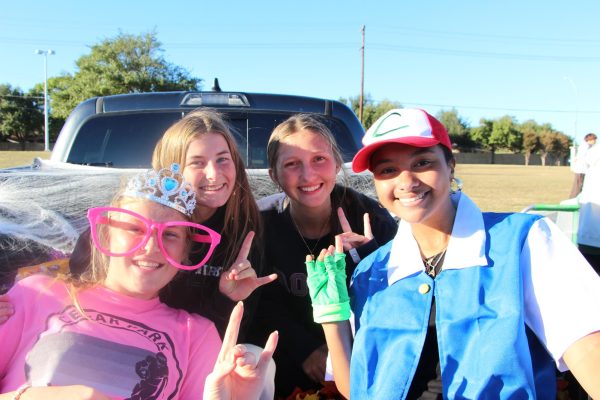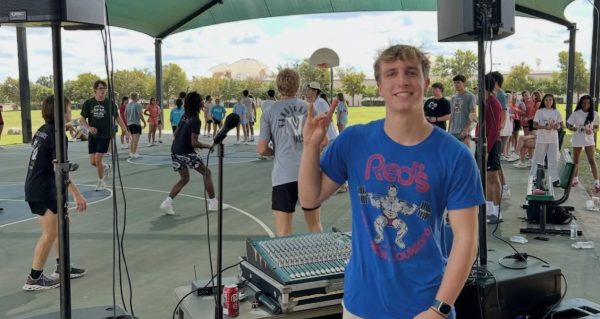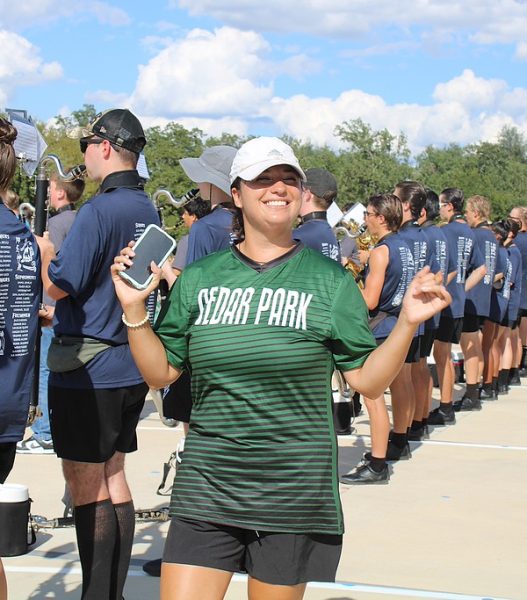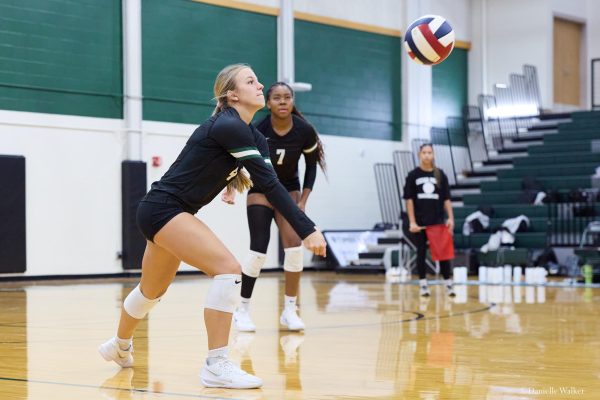Elections: what you need to know as a new voter
As election day quickly approaches, its time to make sure you educate yourself before you go out and vote.
February 8, 2016
Let’s talk politics. With election season fastly approaching we’ve been thrown back into a time of satirical SNL political openers, aggressive bumper stickers and the lovely little screaming matches we call the GOP debates. This election has been made special by a few things this year, those things being the anomaly which is Donald Trump, a *gasps* socialist democrat candidate and (on a smaller scale) the fact that CPHS’ class of 2016 will be eligible to vote. Election season is a scary time, with all the political jargon being thrown around and conflicting opinions it can be hard to understand what’s happening, let alone form your own opinions, so here’s what you need to know.
The primaries will start Tues. Mar 1, also known as Super Tuesday. This will be the start of elections. The primary election will be used to narrow the candidate field; a democratic and a republican candidate will be decided. It’s important because while it doesn’t mean only two people can vote, it will determine a single candidate for the two main parties.
Voting. In order to vote in said elections you have to register. You must register at least 30 days before you can officially vote. For those of us who are still 17, this means that you can register two months before your 18th birthday, and vote after you’ve turned 18.
Do your research. Watch the debates, read the paper, and educate yourself before you go out and vote, not only will this make you seem like a super cool person who knows what they’re saying, but it will also help you make a very serious decision when it comes time to vote. Saying, “anyone but Trump” won’t help you decide who the next leader of our country should be. When it comes down to it, voting is a very serious task and shouldn’t be taken lightly, help yourself and form your own opinion.
Talk to your friends. When trying to decide where you stand, talking or debating with your peers can help you figure out how you feel about a certain candidate. While your peers won’t always be the most trustworthy source, it’s always good to talk things out.
In the end, it’s up to you, not your parents, not your friends. Voting is a big responsibility, and shouldn’t be taken lightly. Educate yourself, talk it out, register and understand the great task that has been placed in your hand.





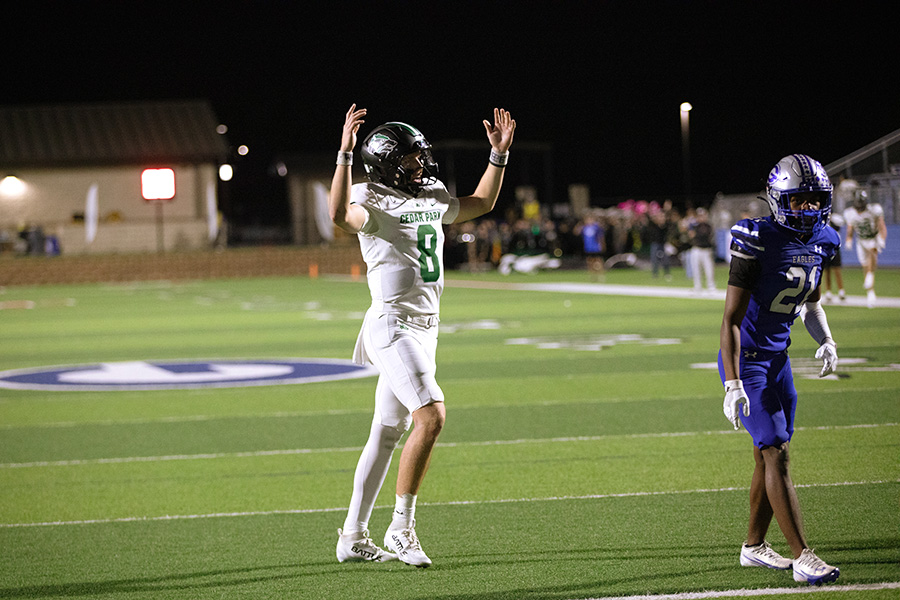
![Senior Jett Mckinney stores all the clothes in his own room, with half of it stored in his closet along with his personal clothes, and the rest taking up space in his room.
“There’s been times [when] there’s so much clothing stored here and it gets overwhelming, so I end up having to sleep somewhere else in the house,” Mckinney said.](https://cphswolfpack.com/wp-content/uploads/2025/11/DSC_0951-1200x800.jpg)
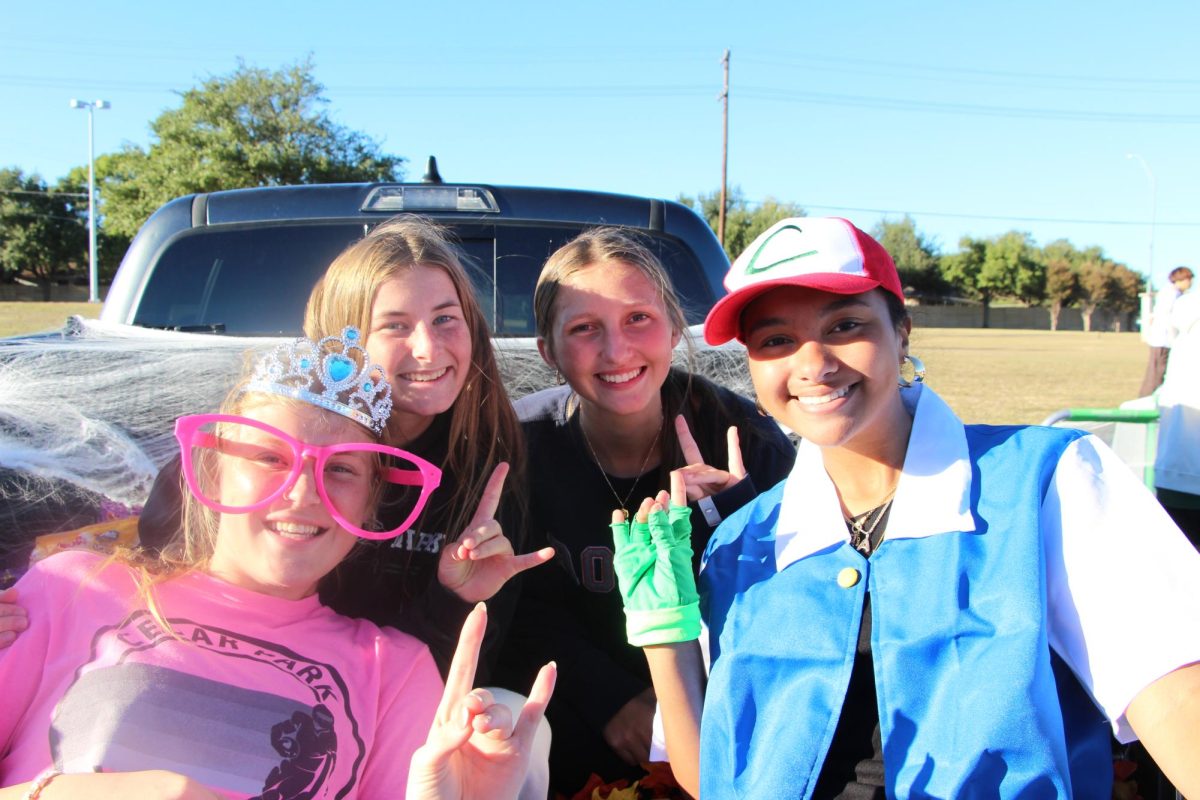


![Broadcast, yearbook and newspaper combined for 66 Interscholastic League Press Conference awards this year. Yearbook won 43, newspaper won 14 and broadcast took home nine. “I think [the ILPC awards] are a great way to give the kids some acknowledgement for all of their hard work,” newspaper and yearbook adviser Paige Hert said. “They typically spend the year covering everyone else’s big moments, so it’s really cool for them to be celebrated so many times and in so many different ways.”](https://cphswolfpack.com/wp-content/uploads/2025/05/edited-ILPC.jpg)




![Looking down at his racket, junior Hasun Nguyen hits the green tennis ball. Hasun has played tennis since he was 9 years old, and he is on the varsity team. "I feel like it’s not really appreciated in America as much, but [tennis] is a really competitive and mentally challenging sport,” Nguyen said. “I’m really level-headed and can keep my cool during a match, and that helps me play a bit better under pressure.” Photo by Kyra Cox](https://cphswolfpack.com/wp-content/uploads/2025/09/hasun.jpg)

![Bringing her arm over her head and taking a quick breath, junior Lauren Lucas swims the final laps of the 500 freestyle at the regionals swimming competition on date. Lucas broke the school’s 18-year-old record for the 500 freestyle at regionals and again at state with a time of 4:58.63. “I’d had my eye on that 500 record since my freshman year, so I was really excited to see if I could get it at regionals or districts,” Lucas said. “ State is always a really fun experience and medaling for the first time was really great. It was a very very tight race, [so] I was a bit surprised [that I medaled]. [There were] a lot of fast girls at the meet in general, [and] it was like a dogfight back and forth, back and forth.” Photo by Kaydence Wilkinson](https://cphswolfpack.com/wp-content/uploads/2025/03/Kaydence-2.7-23-edit-2.jpg)
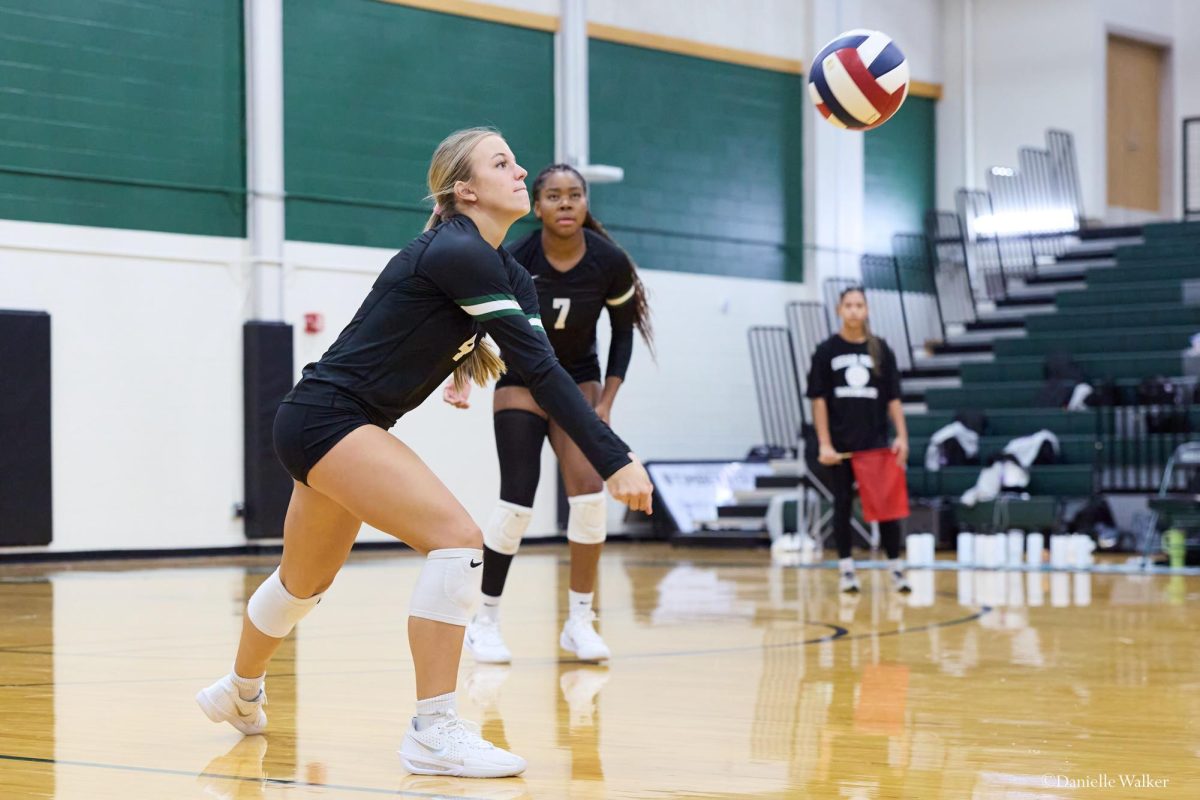

![As her hair blows in the wind, senior Brianna Grandow runs the varsity girls 5K at the cross country district meet last Thursday. Grandow finished fourth in the event and led the varsity girls to regionals with a third place placement as a team. “I’m very excited [to go to regionals],” Grandow said. “I’m excited to race in Corpus Christi, and we get to go to the beach, so that’s really awesome.” Photo by Addison Bruce](https://cphswolfpack.com/wp-content/uploads/2025/10/brianna.jpg)

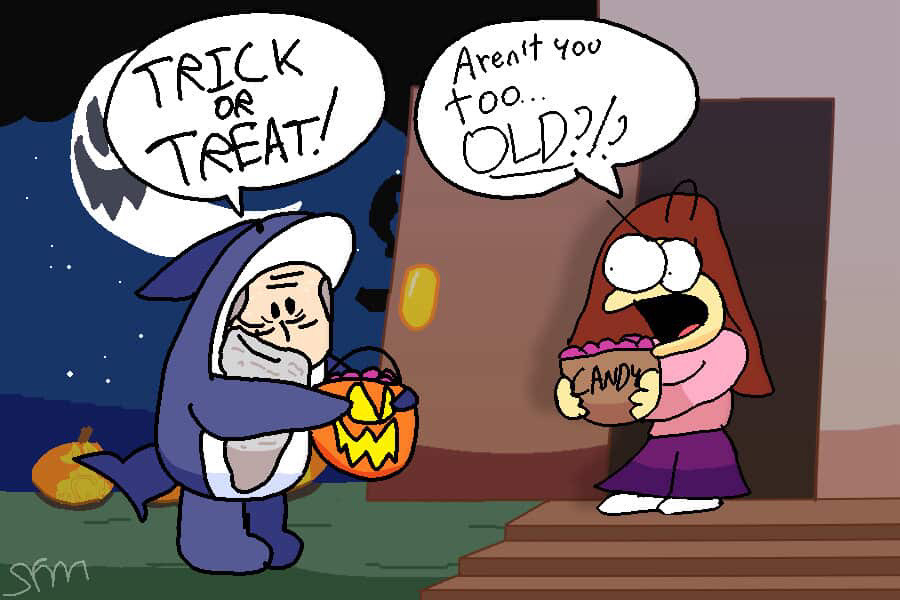














![Holding a microphone, baseball booster club president Chris Cuevas announces the beginning of the annual cornhole tournament. The event has been held for the past two years and is designed to raise money for the baseball program in a fun way. “We’re a baseball team, so people love to compete,” Cuevas said. “So we figured we better do something that gets [their] attention. They want to compete. It’s not a hard sport to do, and we have all different [skill] levels [of participants].” Photo by Henry Mueller](https://cphswolfpack.com/wp-content/uploads/2025/11/Henry-715-1200x900.jpg)
